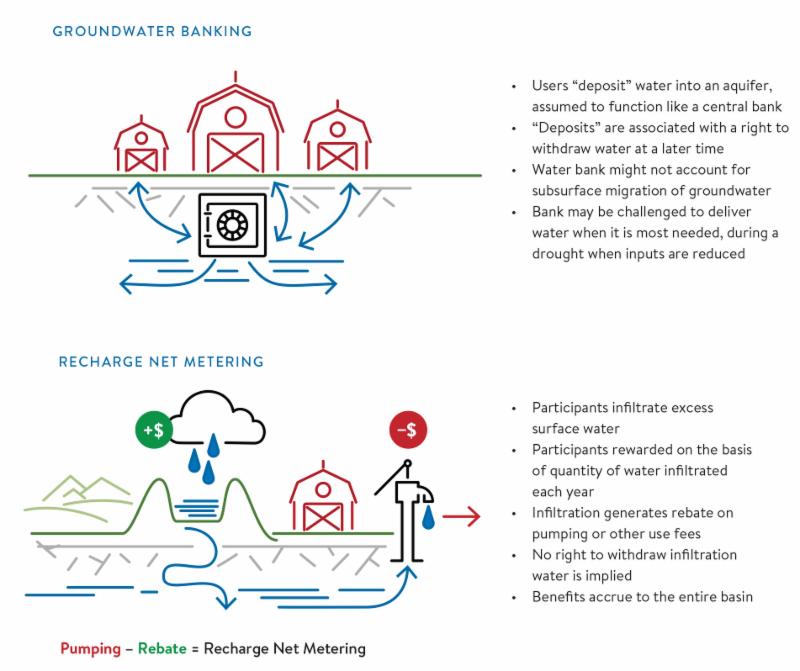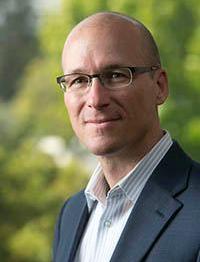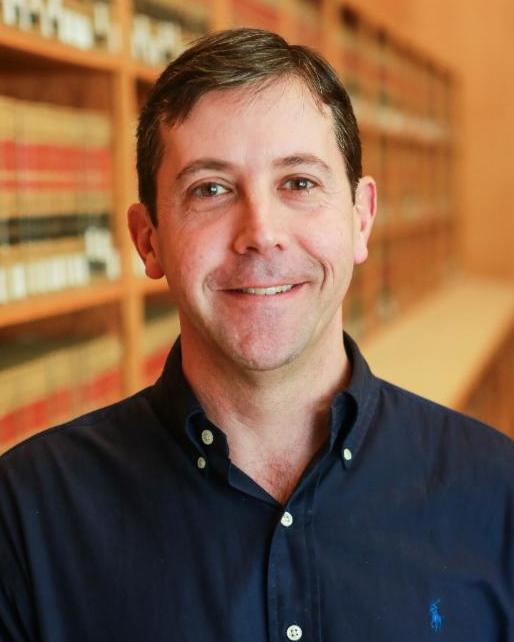| |
New Issue Brief
Innovative incentives for groundwater recharge
Increasing recharge of aquifers will be a crucial component for achieving groundwater sustainability in California. A key challenge lies in creating incentives that will motivate landowners, tenants, and other stakeholders to develop recharge projects.
Recharge Net Metering (ReNeM) is a strategy that encourages recharge by offsetting costs of distributed water collection and infiltration systems. Participants benefit directly through the rebate program, while helping to improve and sustain the supply and quality of groundwater for themselves, other resource users, and regional aquatic systems.
On its surface, ReNeM is similar to established approaches like groundwater banking. But the nature of the incentives are profoundly different, with potentially important implications. ReNeM is inspired by Net Energy Metering, which has encouraged broad adoption of rooftop solar panels by balancing credits for excess onsite electricity production with charges for use. In a similar way, ReNeM rebates link groundwater use to individual activities that benefit the common resource.
Our Issue Brief presents a concise conceptual description of ReNeM, as well as a brief account of its first implementation as a pilot program in the Pajaro Valley of California. Our USDA- and UC Water-funded research on ReNeM is ongoing, so watch for more forthcoming products.
Comparing Groundwater Banking and ReNeM

|
|
Faculty + Staff
In the News
|

Nell Green Nylen discusses the potential benefits of small water system consolidations in California, as well as the tricky process of implementing them in
Water Deeply.
|

Discussing LA's movement toward sustainable water management with WIRED, Mike Kiparsky explains that "Diversification is important for water management in the same way that it's important for your financial portfolio."
|

|
Recent Symposium
Insuring California in a Changing Climate
Climate change poses risks to California's economy, residents, infrastructure, cities, and natural resources. The insurance industry, which exists to protect governments, individuals, and businesses from the most severe risks, will necessarily play a role in efforts to minimize the harmful impacts of a changing climate.
On June 13, we convened insurance regulators, industry leaders, policymakers, scientists, and nonprofit researchers for a symposium seeking to better understand how the industry can and will adapt to these new and increased risks.
California Insurance Commissioner Dave Jones delivered a keynote address on California's leading efforts to protect consumers, promote responsible investment and disclosure, and increase industry and regulator understanding of climate risk nationwide.
|
|
Support the Environmental & Energy Programs @ Berkeley Law
CLEE is dedicated to developing pragmatic policy solutions to critical environmental and energy challenges, and to supporting the education of tomorrow's leaders in this field. If you would like to support these efforts, please consider making a one-time or recurring donation through
our giving portal.
Any gift, no matter the size, is deeply appreciated. We are independently funded from the university, and we wouldn't be here today - and won't be here tomorrow - without you.
|
|
|
|
| |
|
|